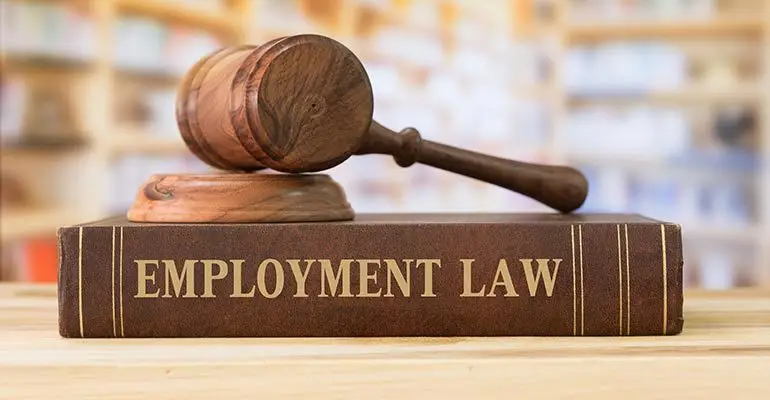What You Need to Know About EEOC and Workplace Discrimination

What is the EEOC?
The EEOC is responsible for enforcing federal laws that make it illegal to discriminate against a job applicant or an employee based on a number of determinants including sex/pregnancy.
What to Expect from the EEOC
Prior to the filing of any pregnancy or maternity discrimination suit, you must file a charge of discrimination with the EEOC. The EEOC acts as a funnel for the court system doing preliminary investigations of claims and mediating issues.
Once you’ve filed the charge the EEOC may suggest trying to settle the issue through mediation. In mediation a neutral third-party mediator will negotiate disputes between you and your employer.
Why You Need an Attorney During Mediation
While an attorney is not necessary during this process, you can be assured your employer will obtain counsel. If you don’t do the same, you’re at a disadvantage. A trusted, experienced attorney will ensure your best interests are represented and that you understand each step of the process.
What Happens if There’s No Violation Found?
If the issues are unable to be resolved, and the parties cannot come to an agreement through mediation, the EEOC will investigate the claim. Should it find no violation of the law, or even if it does, you will be given a Notice of Right to Sue. At this point you’ll need an attorney. If you secured one before filing with the EEOC initially, your attorney is already aware of the findings and the history. If you haven’t, and you’re just bringing one on now, they’ll need time to investigate the case.
What Happens if the EEOC Finds a Violation?
The EEOC will then attempt to reach a voluntary settlement with your employer. This settlement may not be in your best interests. Your employer may be interested in settling but, typically, it will not be on your terms. An attorney can help you understand what is common practice and what you can expect and, more importantly, negotiate directly with the employer to maximize your recovery.
If the parties can’t reach a settlement, the case will be presented to the legal staff at the EEOC or the Department of Justice (in some cases) to decide whether they will file a suit against your employer. More often than not, they do not file a suit and, instead, issue a Notice of Right to Sue.
In some cases, if the charge seems to be without merit, or if the EEOC does not have the authority to investigate, they will dismiss the charge without an investigation or mediation.
Whatever the EEOC decides, you cannot file in a court of law without filing a charge of discrimination against your employer with them first. Your employer has an attorney’s guidance. Shouldn’t you do the same, or would you rather sit across from them alone?
Contact a Tampa Workplace Discrimination Attorney with experience. Call Wenzel Fenton Cabassa, P.A. today at 813-579-2483 for a free consultation. We’ll be with you through the lengthy EEOC process and make sure your rights are protected.
Please Note: At the time this article was written, the information contained within it was current based on the prevailing law at the time. Laws and precedents are subject to change, so this information may not be up to date. Always speak with a law firm regarding any legal situation to get the most current information available.
Related Posts

FREE HELP GUIDES
Dealing with unpaid wages, discrimination or wrongful termination? Get the information you need to protect your workplace rights. We offer employment law resources to help you fight for workplace justice.


